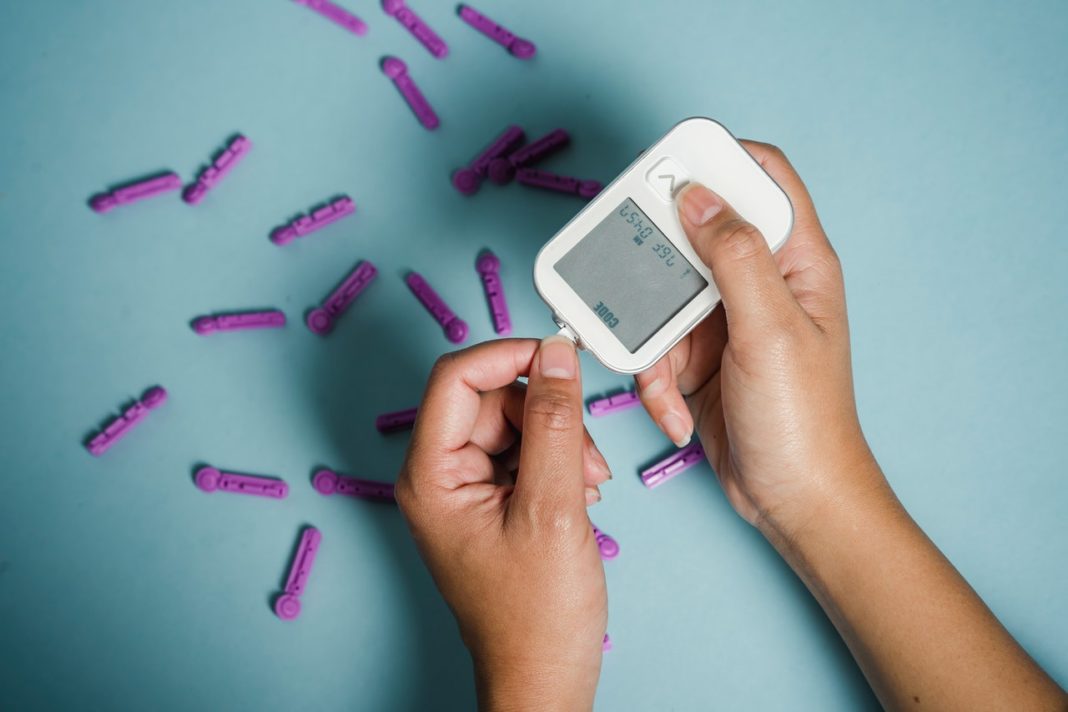Prior to developing diabetes, your blood glucose (sugar) levels were normal regardless of what you ate or how active you were. If you have diabetes, however, your blood glucose levels may rise over normal, and some diabetic therapies may cause them to fall below normal. A number of factors might influence your blood glucose levels. Understanding these aspects may assist you in controlling them.
Diet, ayurvedic medicine for diabetes type 2, and activity choices may be influenced by your blood glucose levels. Making these lifestyle choices may delay or even prevent diabetes complications such as heart attack, kidney damage, blindness, and amputation. The most efficient strategy to prevent diabetes-related health concerns is to keep your diabetes ABCs on track.
What factors affect blood sugar levels?
Managing blood glucose levels might be challenging at times. Just when you think you’ve accounted for everything, a high or low blood glucose level might appear out of nowhere and completely derail your plans.These problems happen to all diabetics.The modern solutions include herbal tablets for diabetes or ayurvedic diabetes supplements.
Taking into account food, activity, and ayurvedic medicine for diabetes type 2
You’re probably aware that food, activity, and ayurvedic medicine for diabetes type 2 all have an impact on your blood sugar levels, but there can be a number of additional factors at play at the same time.
- Too much food, such as a meal or snack heavy in carbs (starches), or consuming more carbohydrates than normal
- Other drugs, such as steroids, also have negative side effects.
- Getting sick—your body produces hormones to heal, and those hormones can boost blood sugar levels; stress or discomfort, which can generate hormones that raise blood sugar levels; menstrual cycles, which also cause changes in hormone levels; and dehydration.
What factors might cause your blood sugar to drop?
- Not eating enough might include having a meal or snack with less carbs than usual or skipping a meal or snack Alcohol, particularly on an empty stomach Alcohol use can result in dangerously low blood sugar levels. Low blood sugar might also occur many hours after consuming alcohol.
- Excessive insulin or other diabetic treatments
- Other drugs’ side effects
- Increased physical activity or exercise—physical activity makes your body more receptive to insulin and can reduce blood sugar levels.
How can you keep track of your blood glucose levels?
You may monitor your blood glucose levels in two ways:
- Using a blood glucose metre to determine your current blood glucose level
- Getting an A1C test at least twice a year to determine your average blood glucose for the previous two to three months.
Where exactly do you inject?
The location of injection can influence how rapidly insulin is absorbed:
- Insulin may be absorbed more quickly in certain regions of your body.
- Insulin absorption is influenced by injections into lumpy skin.
You can also try herbal tablets for diabetes or ayurvedic diabetes supplements.
Conclusion
Stress, whether physical or mental, causes the release of hormones that might lead to elevated blood sugar levels. Menstruation and menopause can generate hormonal changes that alter blood sugar levels in women.
Regular blood sugar monitoring will reveal patterns and assist you and your medical team in controlling your diabetes. If you have recurrent hyperglycemia, talk to your doctor about changing your ayurvedic medicine for diabetes type 2.









